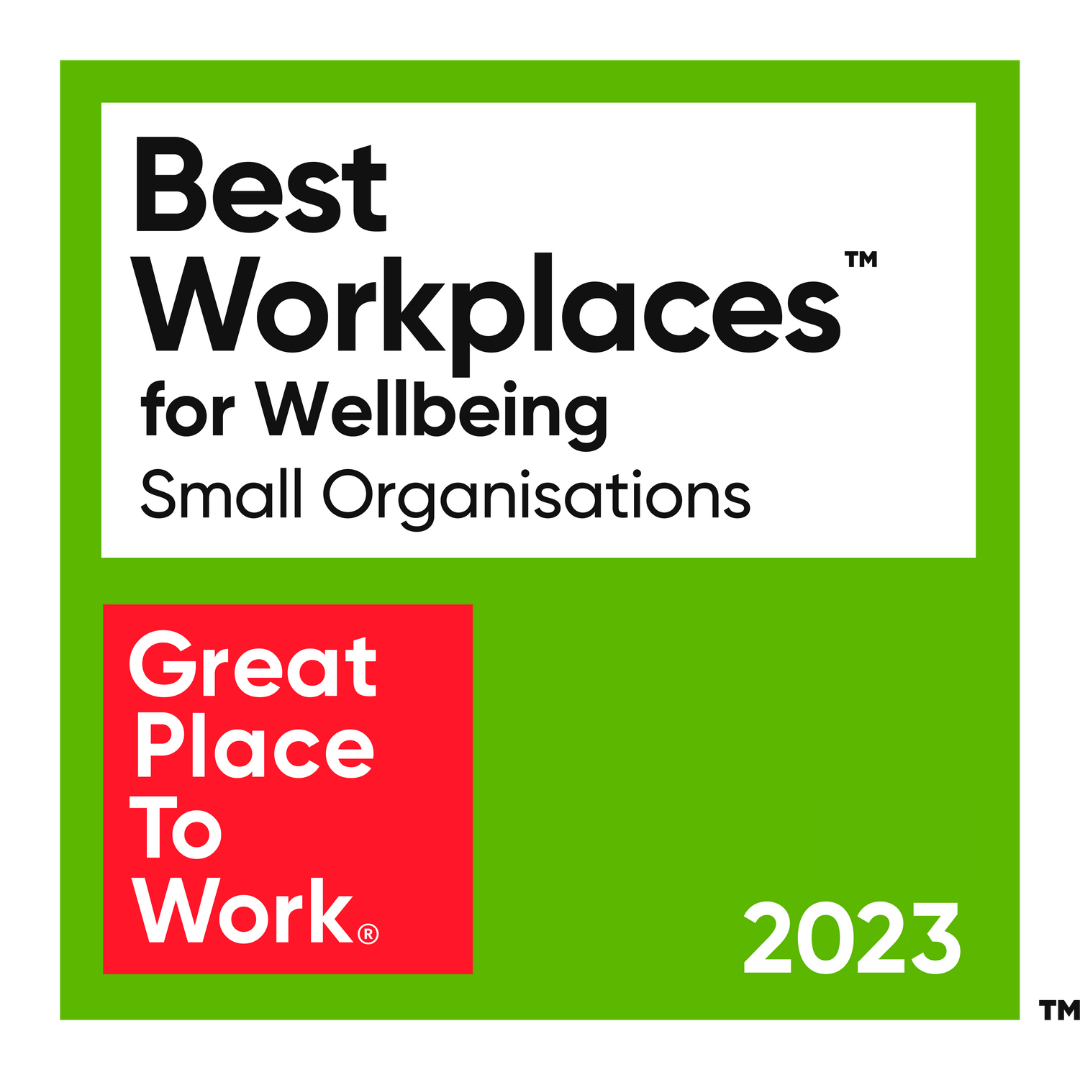Brands Deserve Better Media
A weekly column from @tomjdenford
What vital lesson can Walmart founder Sam Walton teach us about media? It is not what you think…
I read an anecdote a couple of years ago about Sam Walton, the founder of Walmart, which struck me as having parallels to the current relationships in the media industry, most acutely between advertisers and their agencies.
I want to share it with you because it should inspire us to a solution; something we know deep down but perhaps we have largely forgotten in the cut and thrust of trying to build our brands and our businesses.
Read on. Do you agree that this story gives us an important reminder about how we should be seeing the media industry differently right now?
The canoe trip
In the late 1980s, Sam Walton was invited on a canoe trip by his tennis buddy George Billingsley, who also invited Lou Pritchett, a P&G vice president. At the time, Walmart was one of P&G's largest customers, while P&G was Walmart's largest supplier, but their relationship was not working well.
During the canoe trip, Walton and Pritchett discussed this and realized that both companies were trying to satisfy the end consumer independently of each other. They had a common purpose, but there was a disconnect in trying to meet the needs of shoppers. As Pritchett recalls, "We were simply two giant entities going our separate ways, oblivious to the excess costs created by this obsolete system. We were communicating, in effect, by slipping notes under the door."
Does this remind you of anything about the current state of the media industry?
“Ultimately we were not competitors”
On the back of this chance meeting, Walmart and its largest supplier, P&G, agreed to form a new partnership. As part of this partnership, Walmart/P&G team was created. One of the key outcomes of this partnership was a decision to share Walmart’s sales and inventory data with P&G. Through collaboration and data sharing, Walmart was able to improve its efficiency, reduce prices, and benefit its consumers.
Vendors were also able to benefit from improved forecasting, lower costs, and (although lower) margin on a larger volume of product. However, Don Soderquist recalls that the problem between P&G and Walmart was more fundamental: "We didn’t trust them, and they didn’t trust us."
The resolution of this conflict was the realization that each side could be trusted not to share sensitive data with competitors. "Ultimately we were not competitors; we were both on the same side, wanting to sell more of our merchandise to our customers."
Potential ways of making the relationship better
In Walmart's history with its suppliers, a second important moment occurred after the company had established a positive relationship with P&G. During a dinner, Sam Walton and General Electric's Jack Welch, along with several executives from each company, discussed ways to improve their relationship and make it more efficient.
Walmart's CEO at the time, David Glass, suggested that exchanging data and utilizing modern communication technology could be mutually beneficial. The proposal was for Walmart to receive item-level sales data for GE products and electronically send an order based on that sales data on a Monday.
GE's computers would process the order overnight, fill the order on Tuesday, and ship the products on Wednesday. Walmart would receive the goods on Thursday and send payment to GE on Friday. Any differences or issues would be reconciled quarterly. This process created a cycle of cooperation between Walmart and its suppliers where data is shared, technology is utilized, and mutual efficiencies are achieved.
Tough but fair negotiations
Walmart was able to improve its relationships with thousands of vendors by building trust, sharing statistics, and using modern technology. By emphasizing that the "customer" is the consumer (the Walmart shopper in this case), and not the retailer itself, Walmart was able to achieve many similar vendor partnerships.
The importance of healthy relationships
Today, Walmart remains a significant customer for many vendors, with around 120 suppliers naming Walmart as a major customer. Some vendors rely on Walmart for up to 55% of their sales. Walmart's expectations from suppliers include bringing consumer and competitive insights, providing collaboration and teamwork, and helping tailor assortment by store. Walmart also expects suppliers to engage in ‘tough but fair’ negotiations.
As Sam Walton realized from his canoe trip, building healthy relationships with Walmart suppliers is crucial. They continue to put increased focus on improving vendor relations and delivering growth drivers. Senior executives have recognized the importance of win-win relationships with suppliers and the need for trust, transparency, collaboration, customer focus, value, and passion for serving mutual customers to achieve mutual success.
What can we learn?
If two companies see their working relationship is at tension and if they feel the dynamic is primarily adversarial, then of course this is a problem. They both waste their energies and resources trying to defend their domains and protect themselves, thinking that the other is trying to take advantage of them.
This is a tension and dynamic we see in many relationships between advertisers and their agencies and other partners. Some are explicitly there to see, some more implicitly lying under the surface waiting to be a bigger problem.
Let’s look beyond the received wisdom in our organizations
The first step forward in these situations, one that we should all strive for no matter that the relationship with have with others in the media industry, is to recognize that we are all in service of a common goal. Once that is established then advertisers and agencies (and other partners) will start to consider ways they can all succeed together to achieve that objective.
First it takes a willingness to listen and to learn, to better understand each other. By listening and learning we gain collective understanding and this is the only route to collective action. Only through collective action, where we all participate in evolving, can we improve towards a win/win situation.
Sam Walton’s recipe for mutual success
The media industry could take a dose of Sam’s medicine: “the need for trust, transparency, collaboration, customer focus, value, and passion for serving mutual customers to achieve mutual success."
Sam Walton teaches us that we need to listen to each other’s views more and rise out of our entrenched ways of thinking, to see beyond the received wisdom in our organizations and think how we can collaborate to a common purpose.
We are all serving the same purpose. We are all in service of the brands we love. That is what binds us, we are just different parts of the same process.
Much as Walmart and P&G figured out, by recognizing a common goal we can identify ways we can collaborate better to achieve that goal. And if we are achieving that goal then business can be good for everyone when we have success.
Brands deserve better media. That is our common purpose. When brands get the media they deserve they flourish.
When brands succeed, we all win.
Tom
This post was featured in ID Comms’ weekly column, Brands Deserve Better Media. Each week, CEO Tom Denford shares insights on media and advertising and inspires us to work together to build a better future for the industry.
Sign up here to receive the weekly column and to stay in the loop with other industry and ID Comms happenings.

%20(7).png?width=300&name=169%20ratio%20(1280%20%C3%97%20720%20px)%20(7).png)




COMMENTS